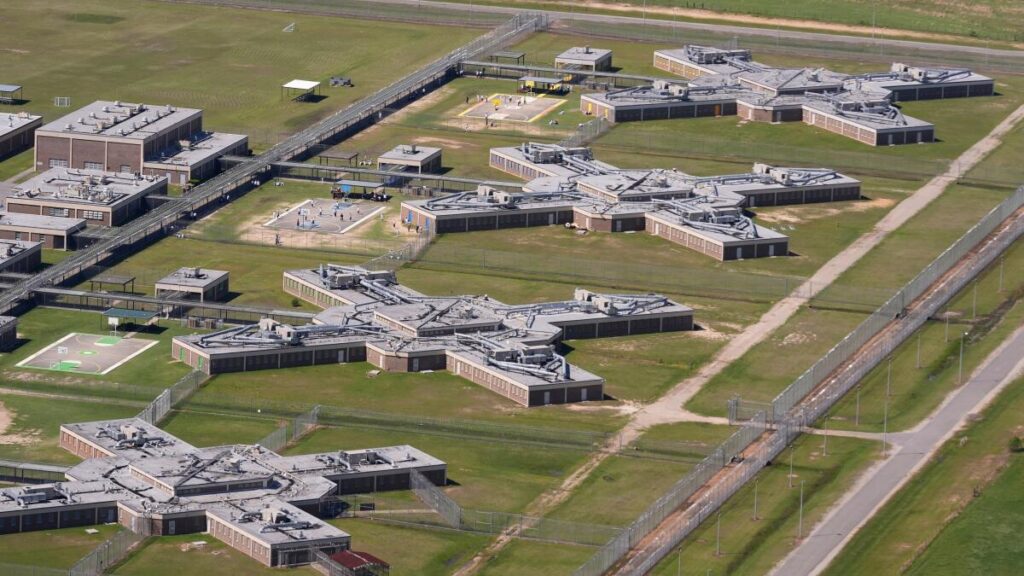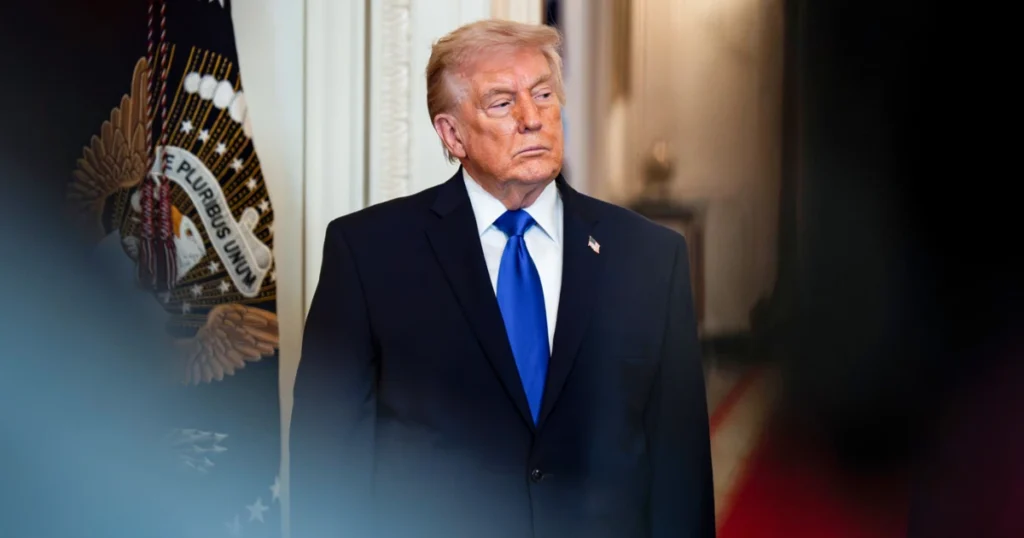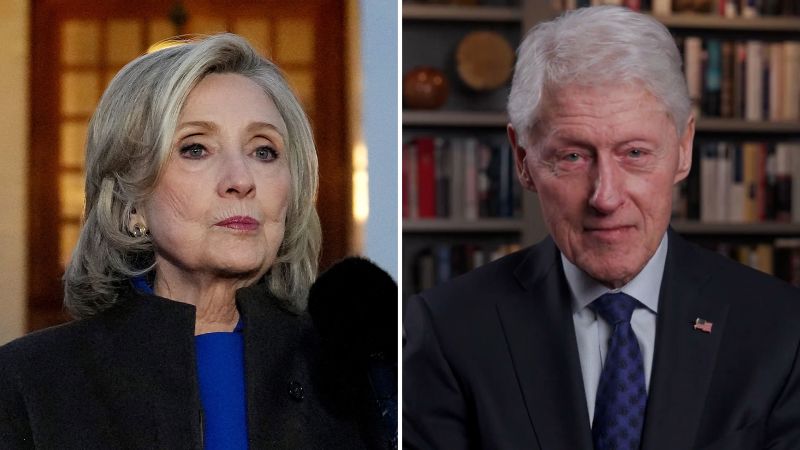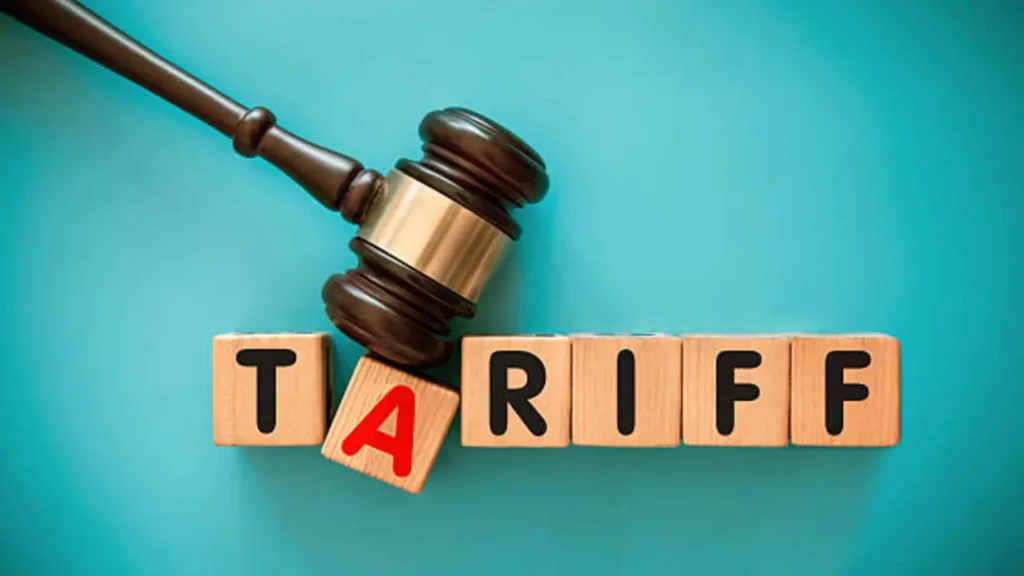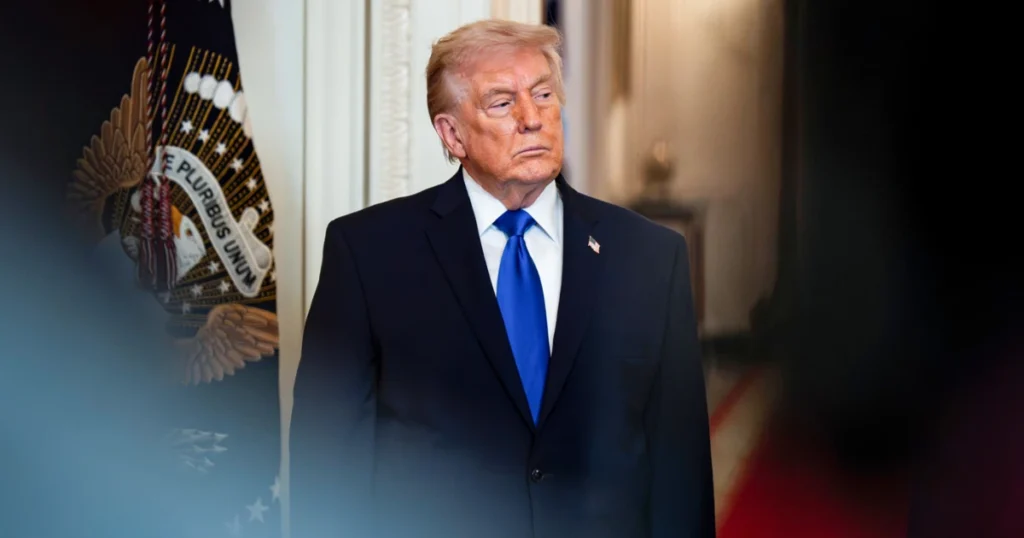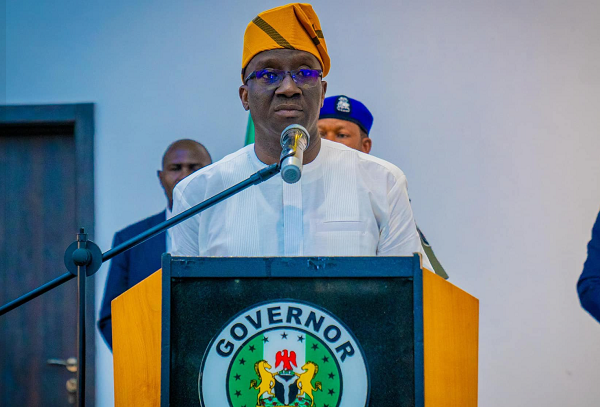President Donald Trump on Tuesday downplayed a significant breach of protocol involving the use of an unsecured group chat to discuss a planned U.S. military strike against Yemen’s Houthi forces, brushing off the incident as “the only glitch in two months” of his administration.
The controversy erupted after it was revealed that Jeffrey Goldberg, editor-in-chief of The Atlantic, was accidentally added to a Signal group chat where 18 senior officials were reportedly discussing the sensitive operation.
Speaking to NBC News, Trump defended his National Security Adviser Mike Waltz, whose team created the group chat, saying:
“Michael Waltz has learned a lesson, and he’s a good man.”
Trump appeared to shift some blame to a Waltz staffer, suggesting Goldberg’s number was mistakenly added:
“It was one of Michael’s people on the phone. A staffer had his number on there.”
The president also insisted the episode “turned out not to be a serious one”, despite growing bipartisan concern over the handling of sensitive military intelligence.
Waltz Admits Mistake, Takes Responsibility
In his first public comments since the story broke, Waltz said he didn’t know Goldberg and was unclear how the journalist’s contact had ended up in the group.
“This one in particular, I’ve never met, don’t know, never communicated with,” Waltz told reporters.
Later that evening on Fox News’s “The Ingraham Angle”, Waltz said he personally built the message chain and confirmed that White House tech staff are investigating how Goldberg’s contact was included.
“We made a mistake. We’re moving forward,” he said, adding that he takes “full responsibility” for the breach.
The use of Signal, an encrypted but publicly available messaging app, to discuss national security operations has sparked outrage from Democratic lawmakers, who argue the administration is downplaying a potentially serious intelligence failure.
Despite assurances from officials that no classified information was shared, critics say the choice of platform alone is concerning and indicative of a lax approach to national security protocols.
Calls for a full investigation are mounting, with Senate Democrats demanding that the White House release a transcript of the conversation and clarify whether any federal records laws were violated.
While Trump continued to attack The Atlantic and Goldberg, whom he accused of sensationalizing the incident, he gave no clear indication that his administration would adopt stricter controls for handling sensitive communications going forward.
For now, the administration appears focused on damage control—while critics argue the episode reflects deep flaws in how national security is being managed at the highest levels.




